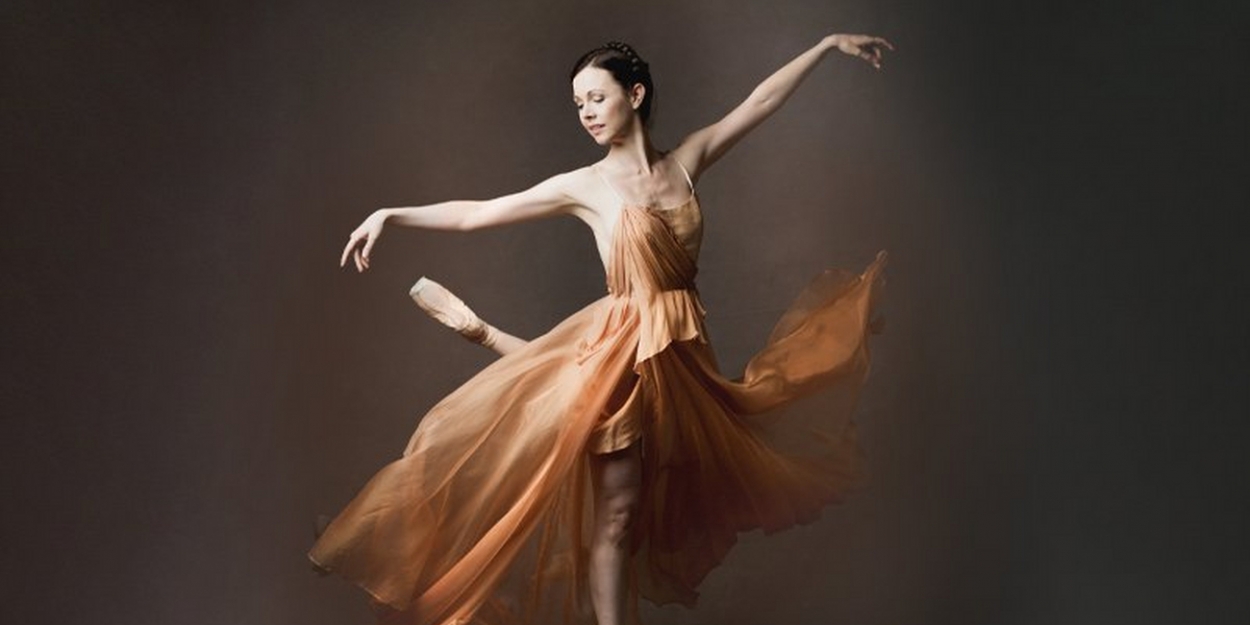“What kind of weather are they?” It’s a question that, in one form or another, has ricocheted with particular urgency around all of our heads over the past couple of years. It’s also the title of Adrienne Rich’s pointed poem that launches Then or Now, the excellent new work Ballet Black premiered this week at the Linbury Theater ‘under the stairs’ of the Royal Opera House.
Created by veteran choreographer Will Tuckett, this emotionally quivering, mostly abstract neo-classical piece plays on both readings from Rich’s 1991-95 volume Dark Fields of the Republic and Von’s 1676 Passacaglia for Solo Violin Biber, in a new, pre-arrangement recorded by Daniel Pioro. It begins with the ever-spellbinding Cira Robinson carving out an eloquent and impassioned solo as the other seven performers remain seated in chairs: dark, physically mute, facing forward as if completely unaware of her.
As Tuckett says in the program notes, every action we take these days seems like political advantage. And moreover, there’s no way a new work, created in the wake of the Black Lives Matter protests, for an explicitly non-white troupe, and set to socially call-to-arms verses, wouldn’t have political advantage.
Certainly a passage like the mighty Deportations, with Tuckett’s suddenly mimetic choreography forcefully depicting “They came for us, two of us and four of them”, largely feels a cry of horror at racial prejudice. . But it’s also about the importance of having a place to call home – and, absolutely in the vein of Rich (1929-2012), the piece feels above all like a call for respect across all divisions.
It’s classy choreography – showing super company at its best – in which women are often carried by one or more men, but always with complete tenderness; not like helpless toys, but as if they were helped and encouraged to fly away. And at the end of this complex 40-minute odyssey of incidents and emotions, Robinson performs again solo, but the others, although seated, face him, captivated by the attention, that is to say to say that she may not really be alone at all anymore. Far from contradicting this note of optimism, the closed and downcast faces of the whole seem to suggest how far the world still has to go.
The production values of If Then or Now – the mournful, repeatedly descending meter of Von Biber’s solo violin; the stark, distinctly non-kaleidoscopic lighting; the bare, rehearsal-room-style stage – sometimes feels relentlessly ascetic, they are nonetheless suitable for the room. And they also happen to create a satisfying audiovisual contrast with the piece that follows.
If Then or Now is a call to polish our souls, The Waiting Game – another first from company dancer Mthuthuzeli November – is an exhortation to make the most of our lives. As kinetic here as he is in Tuckett’s article, he plays the role of an employee who (at least in his head) manages to take a break from the daily drudgery and something a little more exciting. .
Inspired by Beckett (like last month’s lovely L’Heure exquise, also at the Linbury), it wears plenty of its other apparent dance-theatre influences on its sleeve: ironic existential angst, complete with voice-over, is pure Hofesh Shechter ; the quirky “chorus”, decidedly Crystal Pite. But November still holds surprises, with the irresistibly playful performance of Sayaka Ichikawa, the icing on a decidedly more gourmet cake.
In an ideal world, Ballet Black – formed in 2001 by Cassa Pancho to model black and Asian dancers – wouldn’t even exist. However, look at an original, beautifully danced and cleverly organized evening like this, and you can’t help but hope that – even if the world of ballet ever becomes less “white” – they will stick around for a long time yet.
At the Linbury on 6 (evening) and 7 (morning) November; at the Edinburgh Festival Theater on 8 November. All tickets: balletblack.fr. Broadcast on demand from November 22 to 28 on barbican.org.uk




